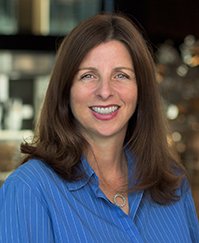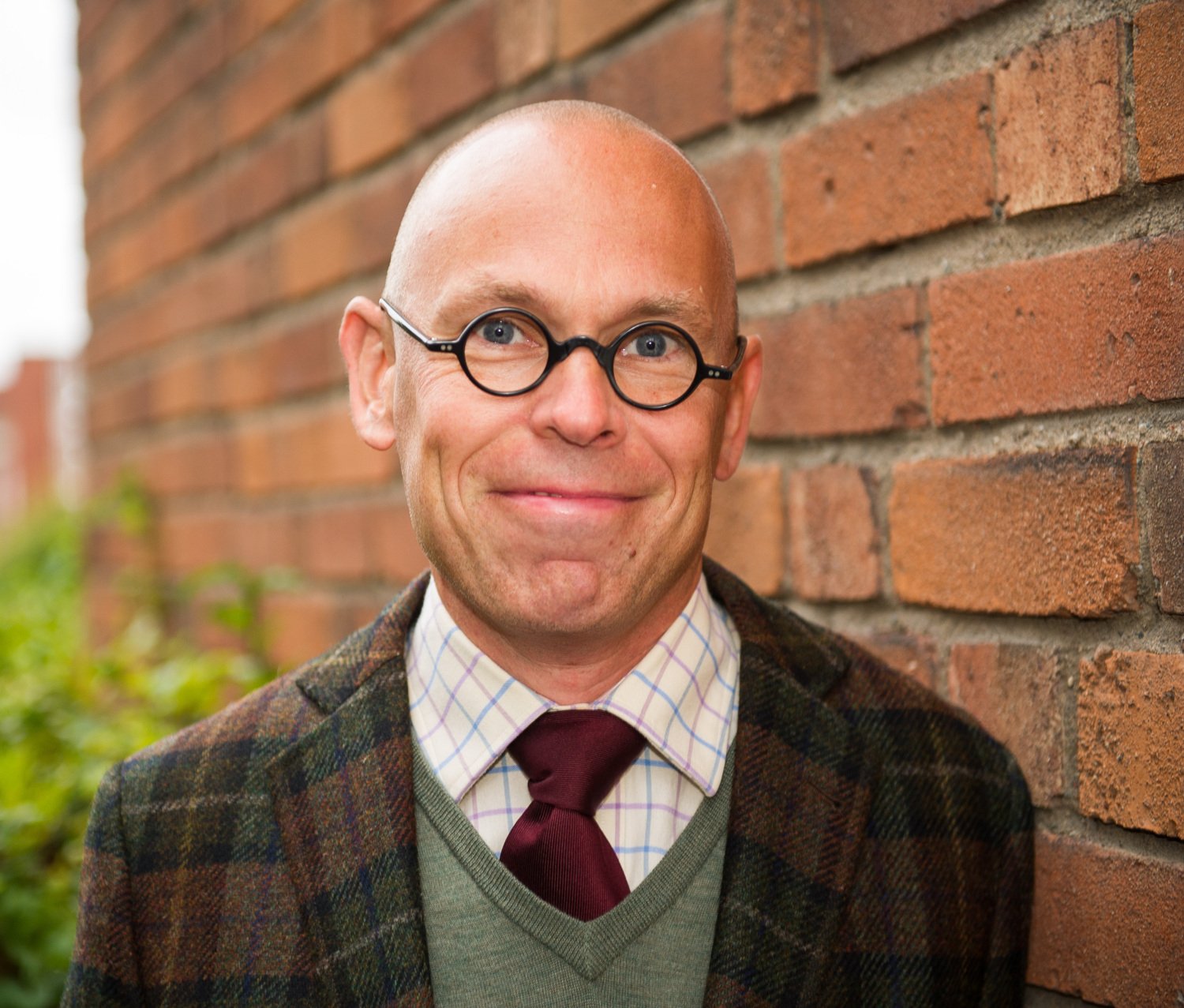MedEd Studio: Professional Identity Formation with Sandra Jarvis Sellinger
In this conversation, Sandra Jarvis-Selinger discusses professional identity formation in the context of healthcare professions.
Think and Act as a Health Care Professional!
As a patient you know it when you see it. As a colleague you also know it when you see it. See what? Oh, professionalism, or rather professional behaviors. Intuitively, I also clearly recognize what I perceive to be a i.e professional nurse or dentist. I may not be able on an academic seminar to define what “professional competence” is, but I feel it when I’m exposed to a health care encounter of any kind. And on the opposite, I also immediately react when I perceive the counter position – unprofessional behavior. I guess you do the same.
Medical competence is of course paramount for any health care provider, but less from sufficient to make someone professional. Empathy, communication skills, and an ethical compass are some other aspects that matters. There are several more.
How do students become members of a profession and carrier of an identity as a professional provider, both seen from patients, relatives, and other professionals’ perspectives?
How do students develop “professionalism” and eventually become members of a profession? It is indeed a huge difference to have a degree in for example nursing and “be a nurse”. A “nurse” is something bigger than a degree in nursing and encompasses a large part of identity; self-identity and identity as accepted by others.
Lave and Wenger’s model of legitimate peripheral participation can be used to visualize how learners move from the periphery of a profession into its center of a professional culture. This takes time! So much tacit knowledge to master and decode.
The learner, as an individual, normally come with his or her own set of values and believes but on the journey to become a professional in the health care professions he or she must adapt to new professional values and ethical codes. Sometimes this is not a challenge, in other cases it might be rather demanding. The learner also must learn to “dress properly”, and all “codes” that comes with proper dressing. Furthermore, to understand when it’s legitimate and accepted to ask others for help (and not!) is sometimes very sensitive and an area for the novice learner to master. Other areas of “cultural knowledge” is to learn about various “ceremonies” and “rituals” in the professional community. What is celebrated and cheered? When is a cake or cinnamon buns expected and why? What are the “big tabus” and “what is rewarded”?
All of this and much more is normally learned through socialization into becoming a professional and Lave and Wenger provide us with a good way to conceptually understand this process. Think and Act as a Health Care Professional!
- Jonas Nordquist

Sandra Jarvis Sellinger
In this conversation, Sandra Jarvis-Selinger discusses professional identity formation in the context of healthcare professions. She explains that professional identity formation is the interplay between the social and the individual in supporting the stages of development and internalizing external roles.
The conversation explores the role of role models, the impact of the hidden curriculum, and the importance of deliberate priming and reflection. Sandra emphasizes the power of catalysts in helping learners navigate their professional identity journey and highlights the need for educators to be aware of their own professional identity to effectively support others.

Jonas Nordquist
Jonas Nordquist, PhD is a medical educationalist. He is the director for Karolinska Institutet’s Prize for Research in Medical Educations Fellows (KIPRIME Fellows).
His research focuses on leadership and implementation of change in health professions education. He has been deeply involved in research and development of physical learning spaces in Sweden and globally.
